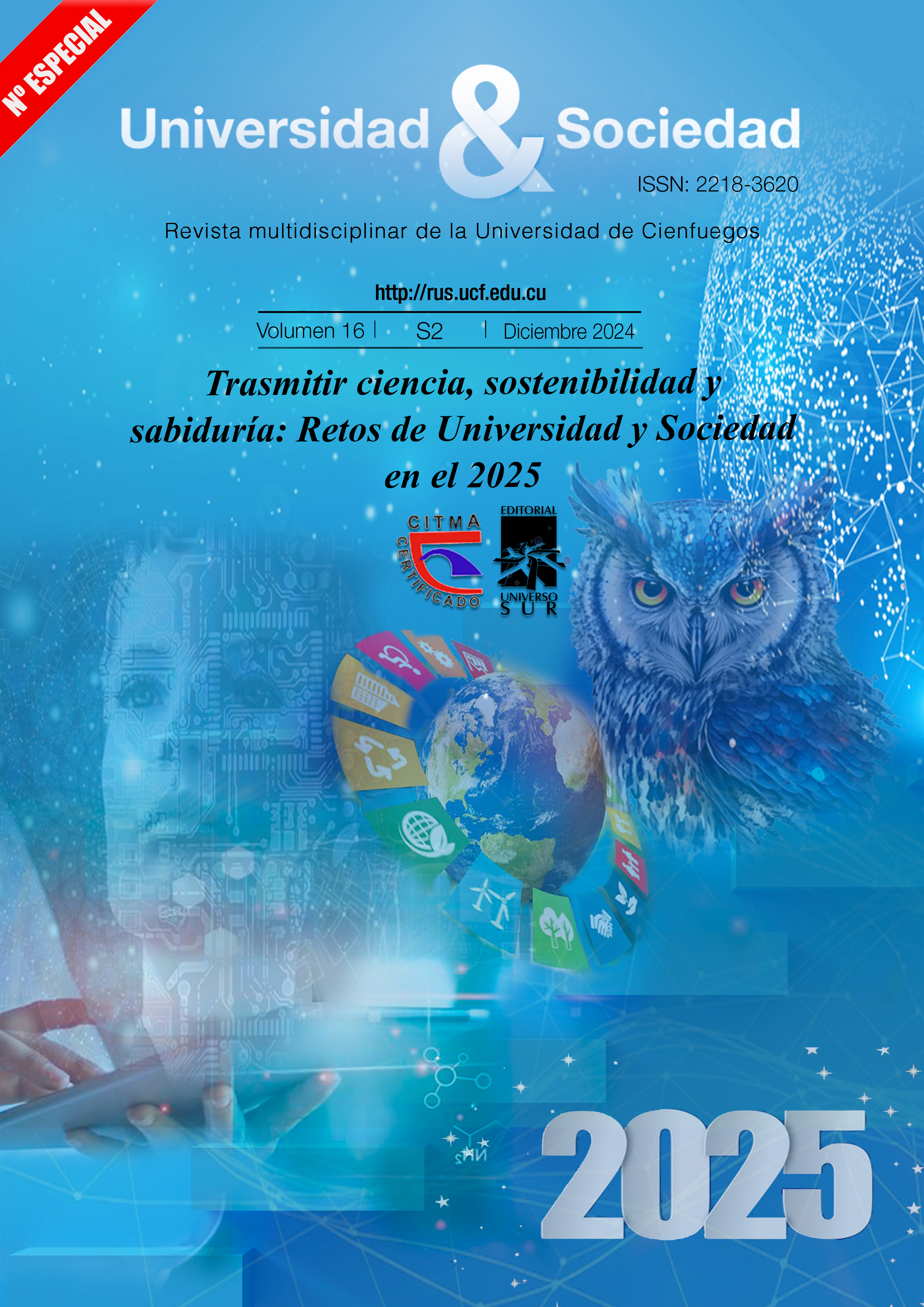Strategic planning and public policies to mitigate chronic child malnutrition: Application Guayaquil-Ecuador.
Keywords:
Strategic planning, Chronic child malnutrition, Public policies, Child health, Nutrition education, Community programsAbstract
Chronic child malnutrition is a challenge in Guayaquil, Ecuador, where rates of this condition exceed the national average, affecting the development and well-being of thousands of children. The objective of the study is to examine current strategic planning in public policy to mitigate chronic child malnutrition, where improving nutrition education, strengthening food security and promoting access to health services should prioritize inter-institutional collaboration, involving diverse stakeholders, including communities, non-governmental organizations and the private sector, to create a cohesive and sustainable approach. The methodology used had a quantitative approach with a cross-sectional or transversal cut, because the data was collected at a single point in time, the sample was 278 families of children with chronic malnutrition in the Monte Sinai sector of the city of Guayaquil. The results showed that socioeconomic conditions, such as extreme poverty and lack of access to nutritious food, lack of access to drinking water contribute significantly to this situation.
Downloads
Published
How to Cite
Issue
Section
License
Copyright (c) 2025 Editorial "Universo Sur"

This work is licensed under a Creative Commons Attribution-NonCommercial-NoDerivatives 4.0 International License.
"Universo Sur", the publishing house of the University of Cienfuegos, publishes the Universidad y Sociedad Journal under the Creative Commons Attribution-NonCommercial-NoDerivatives 4.0 International License (CC BY-NC-ND 4.0).
You may share the material for non-commercial purposes, provided that you:
-
Give appropriate credit (authors, journal, article link, and link to this license).
-
Do not create derivative works.
-
Indicate if changes were made.
Authors retain copyright.
Full license text: https://creativecommons.org/licenses/by-nc-nd/4.0/










